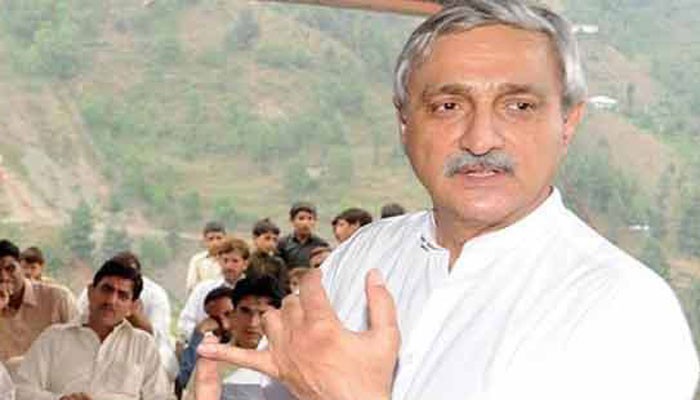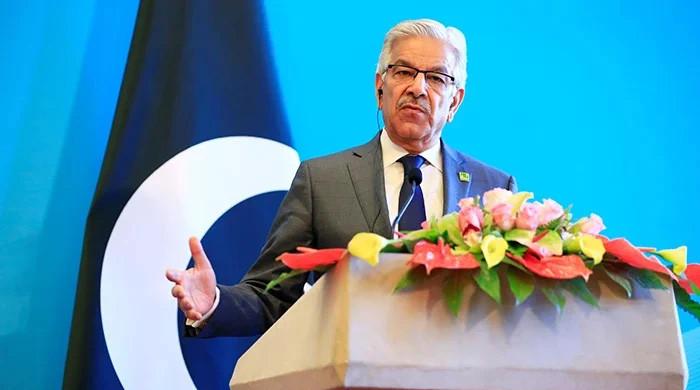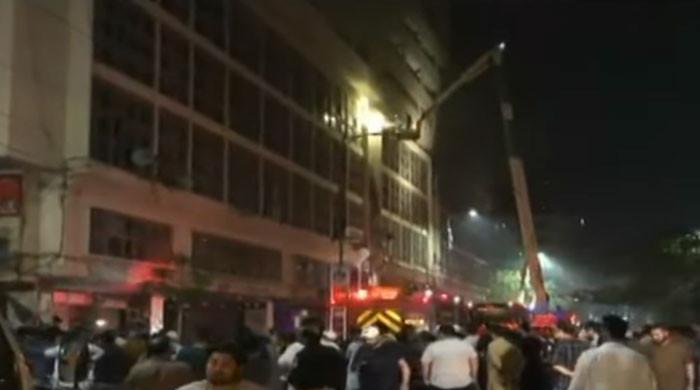SC informed of Jahangir Tareen's 'changing stances' in disqualification case
PML-N leader Hanif Abbasi's counsel says PTI leader has made various claims regarding non-payment of agriculture tax on leased land
November 08, 2017
ISLAMABAD: The Supreme Court was informed on Wednesday that Pakistan Tehreek-e-Insaf (PTI) leader Jahangir Tareen has adopted various stances regarding his leased agriculture land in South Punjab.
A three-member Supreme Court bench, headed by Chief Justice Mian Saqib Nisar, is hearing Pakistan Muslim League-Nawaz leader Hanif Abbasi's petition seeking the disqualification from Parliament of Tareen over his alleged non-declaration of assets and ownership of offshore companies.
Presenting his arguments, Abbasi's counsel Azid Nafees informed the court that at one point Tareen claimed before the court that leased agriculture land is not taxable whereas later he stated that there is no column in the election nomination forms to declare leased agriculture land.
The chief justice remarked that the question is whether the Punjab tax authority took any action on the non-payment of tax by Tareen.
Justice Umar Ata Bandiyal, the other member of the bench, observed that it would have been a separate matter had tax payments of leased land been challenged by the petitioner. He wondered whether the apex court can assume the tax man's role.
The court observed further that they are seeing if dishonesty can be construed from documents submitted on record by Tareen.
Presenting is arguments, Tareen's counsel Sikandar Bashir Mohmand stated that the owner of a trust’s funds is the trust’s company.
He added that Tareen, as a settlor of the trust, did not use his prerogative.
During the hearing, Tareen's counsel also submitted additional documents related to the leased agriculture land.
The hearing was then adjourned until November 9 (tomorrow).
Earlier, during the hearing of the case on Tuesday, the court observed that insider trading does not have to be declared in the election nomination papers.
Nafees, Abbasi’s counsel, had argued that the disqualification has to be undertaken on the matter of dishonesty and not over submission of nomination papers.
The chief justice, during the hearing, questioned the counsel whether every illegal act makes someone dishonest.













